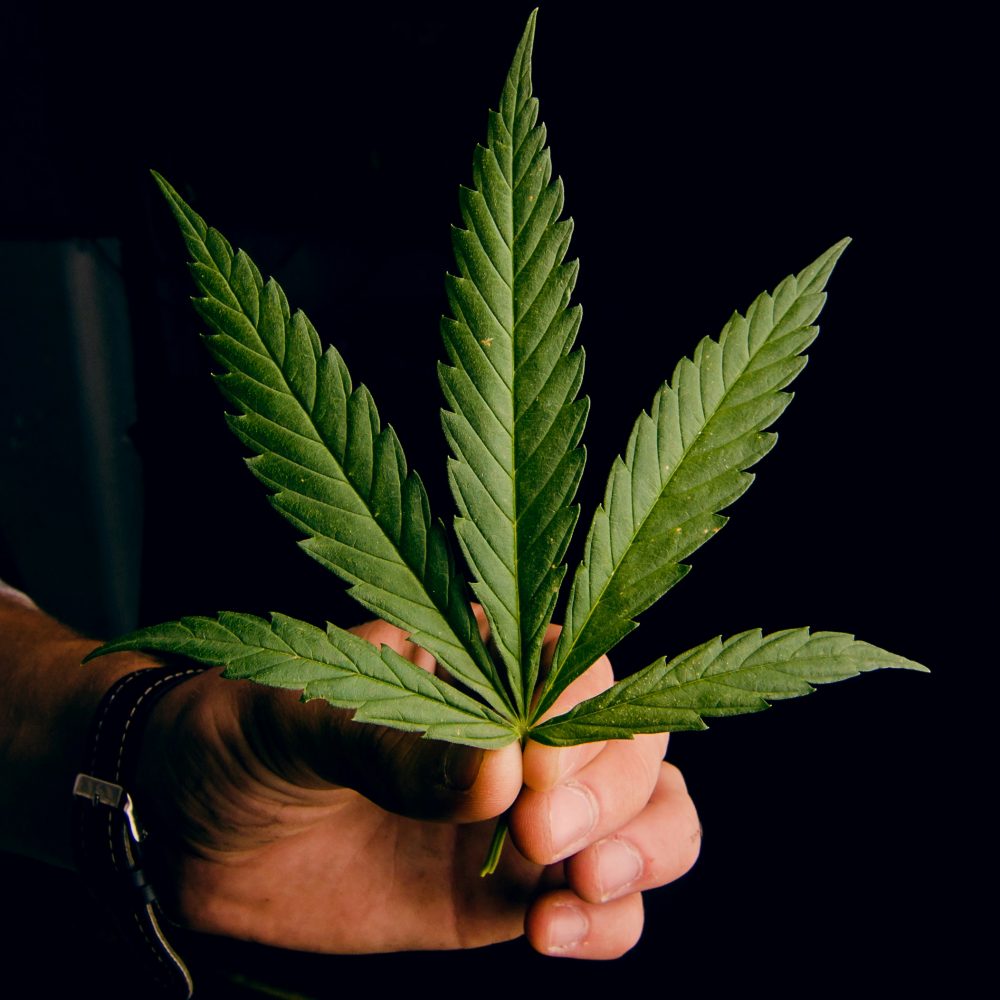In a monumental move confirmed by the Associated Press, the Biden administration has announced plans that they will be rescheduling cannabis from Schedule I to Schedule III. This decision marks a significant departure from decades of stringent drug enforcement policies and signals a shift towards a more progressive approach to cannabis regulation.
To understand the magnitude of this decision, it’s crucial to grasp the implications of the scheduling system established by the Controlled Substances Act (CSA) of 1970.
Under this framework, substances are classified into one of five schedules based on their potential for abuse, medical utility, and safety.
Schedule I is reserved for drugs deemed to have a high potential for abuse and no accepted medical use.
Schedule III includes substances with a moderate to low potential for abuse and accepted medical applications.
Cannabis has long been classified as a Schedule I controlled substance, alongside heroin and LSD, despite mounting evidence of its therapeutic benefits and relatively low potential for harm compared to other drugs in the same category.
This classification has hindered scientific research, restricted medical access, and fueled the disproportionate enforcement of cannabis-related offenses, particularly among communities of color.
The decision for rescheduling cannabis from Schedule 1 to Schedule III represents a significant departure from the previous administration’s approach, which maintained a staunch stance against cannabis legalization and reform.

Photo by Roman Kasyan
By acknowledging the therapeutic potential of cannabis and recognizing its medical value, the Biden administration is signaling a willingness to embrace evidence-based policies and prioritize public health over outdated ideologies.
Okay so what does this rescheduling mean in practical terms?
Rescheduling cannabis to Schedule III would have several immediate implications:
Medical Accessibility: Rescheduling cannabis to Schedule III would facilitate greater access to medical cannabis for patients in need. Physicians would have more flexibility in prescribing cannabis-based medications, and patients could potentially benefit from expanded insurance coverage for cannabis treatments. Access to cannabis in general, and safer cannabis overall, increases exponentially.
Scientific Research: Rescheduling would remove some of the bureaucratic hurdles that have hindered cannabis research in the past. With fewer regulatory barriers, scientists could conduct more comprehensive studies on the therapeutic effects of cannabis and its potential applications in treating various medical conditions. More science = greater quantities of problems being solved with cannabis.
Economic Opportunities: The shift in classification could unleash a wave of economic opportunities in the cannabis industry. By legitimizing cannabis as a valuable medical commodity, businesses would have greater incentives to invest in research, cultivation, and product development, leading to job creation and economic growth. Banking and payment processing would finally be able to happen in a normal fashion which means cannabis retailers could also have insurance and access to less predatorial loans.
Criminal Justice Reform: Rescheduling cannabis could also have significant implications for criminal justice reform. By reducing the penalties associated with cannabis-related offenses, particularly for non-violent offenders, the move could help alleviate the burden on the criminal justice system and address the racial disparities inherent in cannabis enforcement. There are many humans incarcerated for cannabis related crimes that deserve to be released now that the laws have changed where they’re from.
Now, as great as rescheduling from 1 to 3 sounds, it is essential to approach this development with cautious optimism.
While rescheduling cannabis to Schedule III represents a step in the right direction, it falls short of full legalization and decriminalization. Cannabis would still be subject to federal regulation, albeit with fewer restrictions than under Schedule I. The success of this policy shift hinges on its implementation and enforcement at both the federal and state levels.
States that have legalized cannabis for medical or recreational use may continue to operate under their existing regulatory frameworks, leading to a patchwork of laws and regulations across the country.
While challenges remain, this move offers hope for patients, researchers, entrepreneurs, and advocates alike as they work towards a more just and compassionate cannabis policy.








